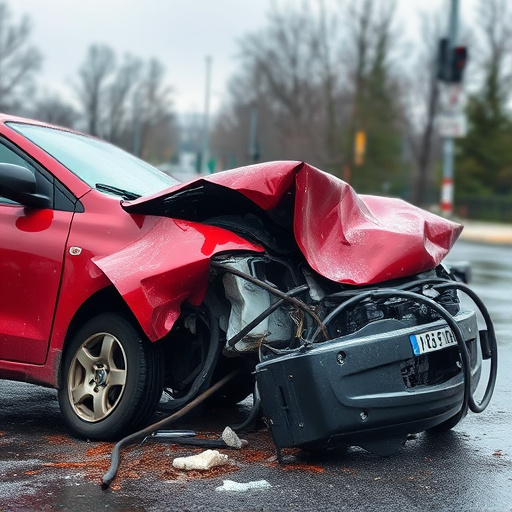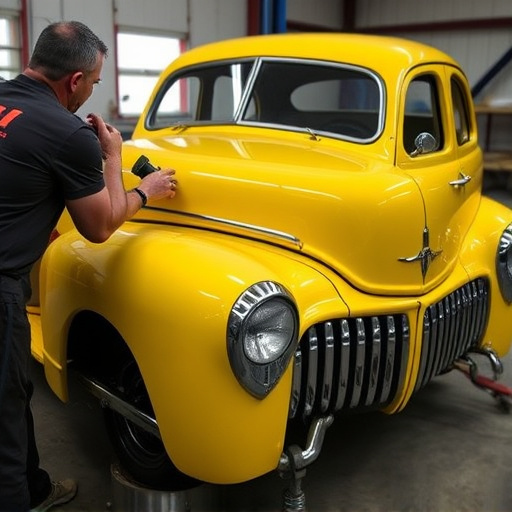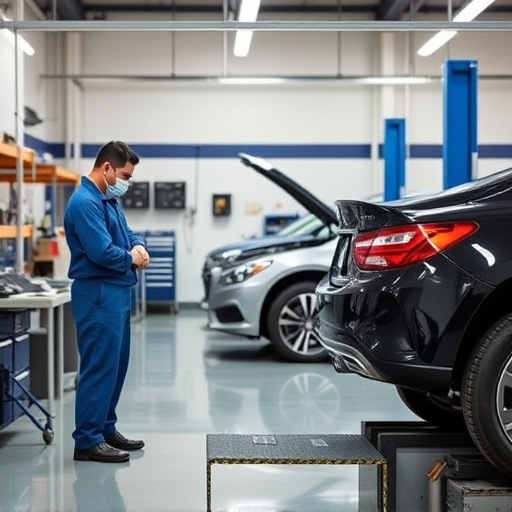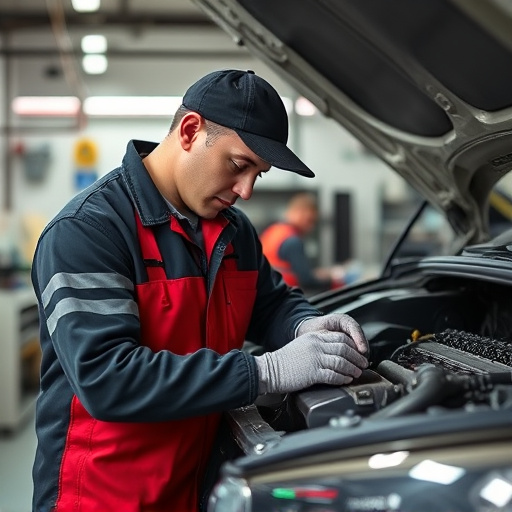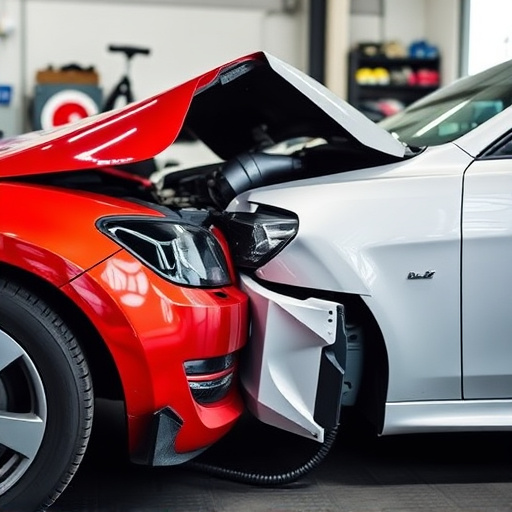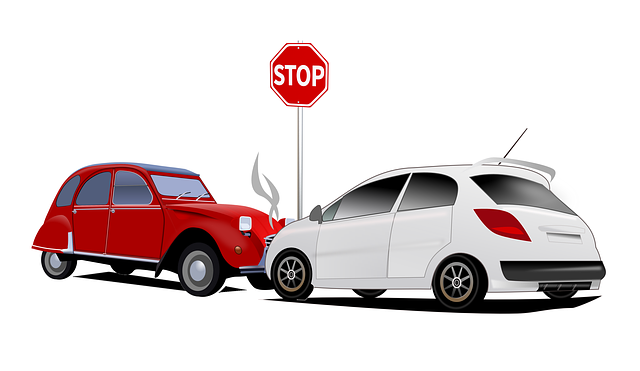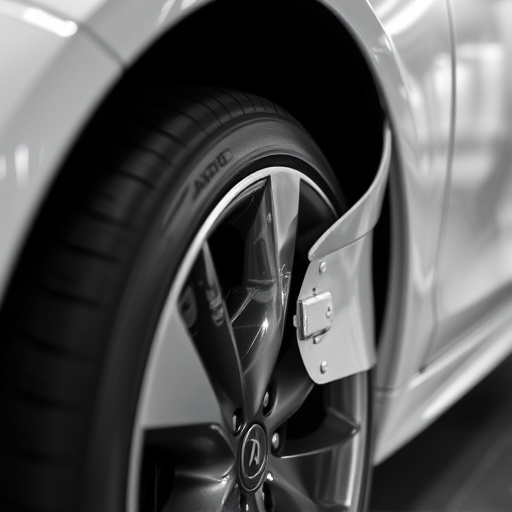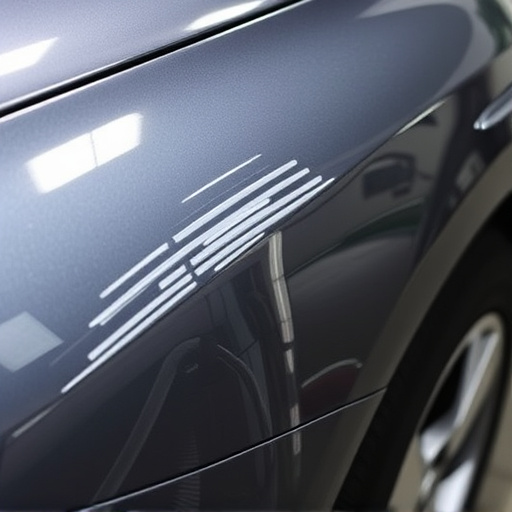The Environmental Protection Agency (EPA) sets strict regulations for auto repair shops, especially EPA compliant body shops, to protect the environment and promote sustainable practices in collision repair. Adhering to these standards involves safe management of hazardous materials, enhancing worker safety, and benefiting communities. The automotive industry is transforming with a growing demand for eco-friendly practices, leading to more EPA compliant body shops that utilize advanced, green technologies and materials, ensuring comprehensive and environmentally conscious vehicle restoration.
“As the automotive industry evolves, so too do the regulatory landscape and consumer expectations. The Environmental Protection Agency (EPA) plays a pivotal role in shaping the future of auto repair with stringent regulations for environmental compliance. This article explores the emerging trend towards EPA-compliant body shop models, highlighting the shift from traditional practices to sustainable restoration methods. We delve into the implications of these changes, offering insights into how garages can adapt and stay ahead in an eco-conscious market.”
- Understanding EPA Regulations for Auto Repair
- The Shift to Compliant Body Shop Models
- Adopting Sustainable Practices in Automotive Restoration
Understanding EPA Regulations for Auto Repair

The Environmental Protection Agency (EPA) sets strict standards for auto repair shops to ensure environmental protection and sustainable practices. These regulations are especially crucial for EPA compliant body shops, which must adhere to guidelines that minimize environmental impact during vehicle restoration and auto body services. The primary focus is on managing and disposing of hazardous materials safely, particularly in the context of collision repair shop operations.
Shops need to be well-versed in handling and disposing of pollutants like volatile organic compounds (VOCs) and dangerous waste, which are commonly found in paints, solvents, and other products used during collision repair. By adhering to EPA standards, these body shops contribute to a greener future while ensuring the safety of their workers and the surrounding community, fostering an eco-conscious approach within the auto body services industry.
The Shift to Compliant Body Shop Models
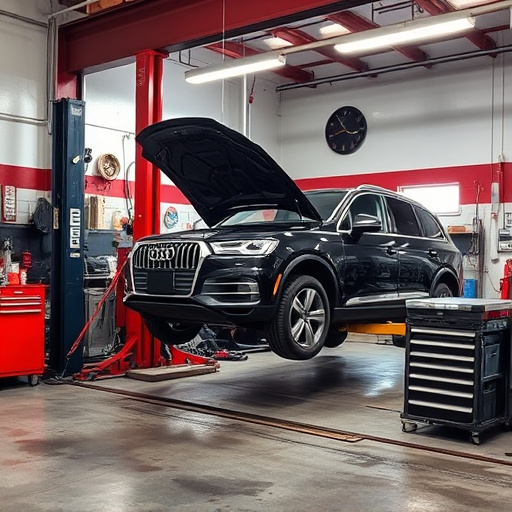
The automotive industry is undergoing a significant transformation as regulations become stricter and consumers demand more environmentally friendly practices. This shift has led to a notable rise in EPA compliant body shop models, reshaping the future of auto repair. Traditional body shops are evolving to meet these new standards, ensuring their operations align with Environmental Protection Agency (EPA) guidelines. This change is crucial as it not only minimizes environmental impact but also sets a new benchmark for quality and sustainability in vehicle restoration.
The transition towards EPA-compliant practices involves adopting advanced techniques and materials for car dent repair and vehicle restoration. These models prioritize eco-friendly solutions, offering a more sustainable approach to fixing and refurbishing vehicles. As a result, the market is witnessing innovative methods in dent repair, ensuring both effectiveness and reduced environmental harm. This progressive shift promises a greener future for auto repair services while meeting the evolving needs of consumers conscious about their ecological footprint.
Adopting Sustainable Practices in Automotive Restoration
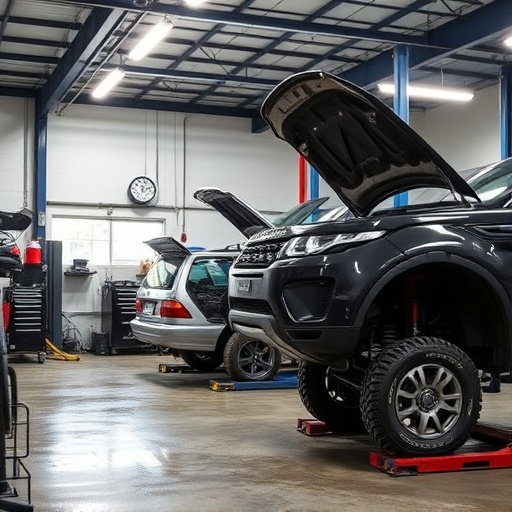
As the automotive industry evolves, so too does the landscape of auto repair, with a growing emphasis on sustainable and environmentally conscious practices. In this regard, EPA compliant body shops are at the forefront of this movement, adopting eco-friendly techniques that not only reduce their carbon footprint but also contribute to a greener future for all. These forward-thinking facilities utilize advanced technology and materials to minimize waste, recycle wherever possible, and implement efficient energy systems, ensuring that auto body services meet stringent environmental standards.
By embracing these sustainable practices, EPA compliant body shops go beyond mere compliance with regulations. They strive to offer comprehensive solutions for even the most delicate dent repairs or fender benders, all while prioritizing environmental stewardship. This holistic approach not only benefits the planet but also instills confidence in customers who are increasingly conscious of the ecological impact of their choices, ensuring that every repair is both effective and eco-friendly.
As we look towards the future of auto repair, adopting EPA compliant body shop models is not just a regulatory necessity but also a step towards a more sustainable automotive industry. By focusing on these compliant shops, we can reduce environmental impact, ensure safety, and foster innovation in restoration practices. This shift empowers both businesses and consumers to contribute positively to a greener future, aligning with the evolving expectations of the market and the crucial need to protect our environment.





